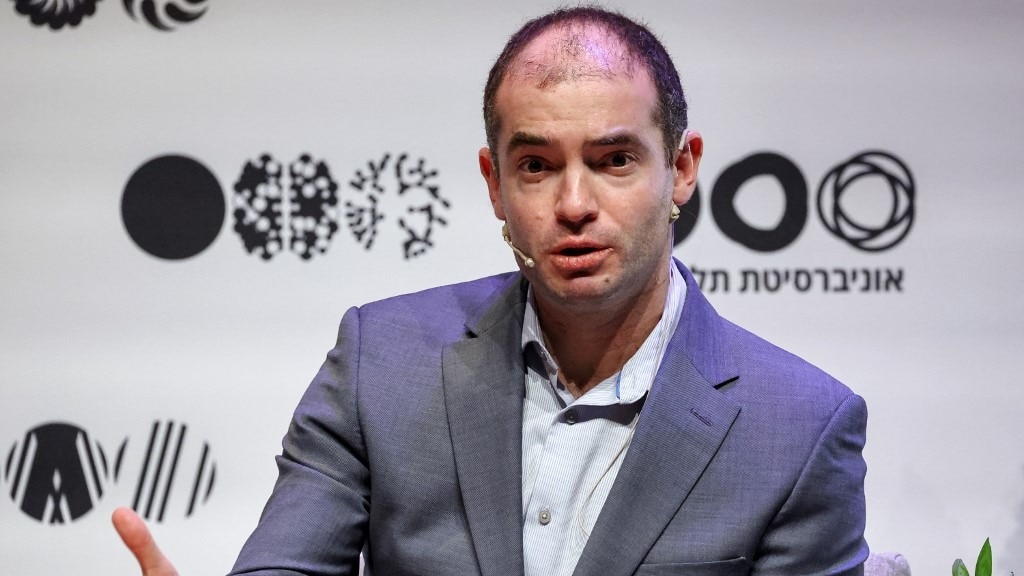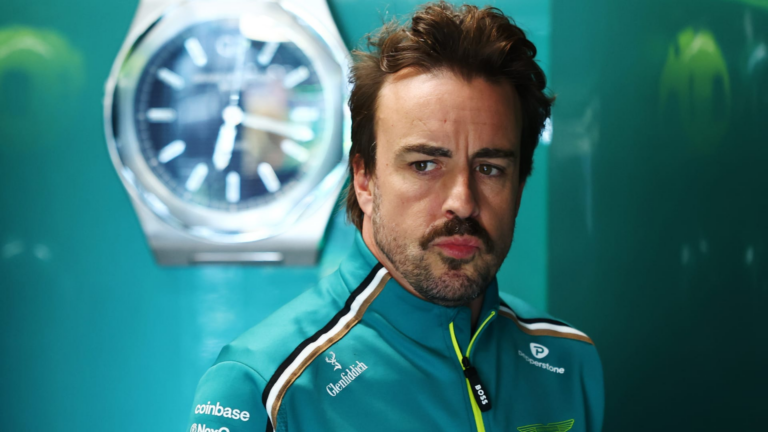AI’s Unstoppable Evolution: OpenAI’s Ilya Sutskever Predicts a Future Where Machines Surpass Humans
AI’s Future: Ilya Sutskever’s Vision and Its Implications
Artificial intelligence (AI) continues to be a topic of immense interest and debate. Recently, Ilya Sutskever, co-founder and former chief scientist at OpenAI, delivered a powerful convocation address at the University of Toronto. His reflections on AI’s current capabilities and its potential to revolutionize our world have left many pondering what lies ahead in the field of artificial intelligence.
An Evolutionary Journey
In his address, Sutskever emphasized that AI is on a transformative path that goes beyond mere improvement; it’s about reaching a point where machines can perform tasks that humans do—or perhaps even surpass us. "The real challenge with AI is that it is really unprecedented and really extreme," he noted. This statement encapsulates his belief that the evolution of AI is not just an advancement; it represents a significant shift in the relationship between humans and machines.
Sutskever recognized the current state of AI as a mix of strengths and weaknesses. While today’s models outperform humans in certain specialized tasks, they still lag in many other areas. Yet, he is confident this balance will shift. "AI will keep getting better," he asserted, predicting that it won’t be long before AI can handle all the functions we associate with human intelligence.
Why Digital Brains Will Thrive
Sutskever’s arguments hinge on a fascinating analogy: the human brain as a biological computer. He posed the question, "Why can’t a digital computer, a digital brain, do the same things?" This perspective underlines his belief that the fundamental processes of learning and reasoning can be replicated—and possibly enhanced—in machines.
His optimism is supported by recent advancements in AI technology, which have already demonstrated the potential for machines to learn from vast datasets, recognize patterns, and even generate creative outputs. The nascent capabilities of AI are "evocative," as Sutskever describes, hinting at vast possibilities that remain unexplored.
The Impending AI Revolution
Looking forward, Sutskever suggested that a breakthrough into superintelligence is more a question of "when" than "if." He estimates it could happen in "three, five, maybe ten years." The implications of this advancement are dramatic, posing significant questions about the future of work and society.
Among the potential outcomes he highlighted are:
- Accelerated scientific discovery: Could AI facilitate breakthroughs in medicine, climate science, and other fields at an unprecedented pace?
- Economic growth: As AI automates routine tasks, some experts speculate it could lead to greater efficiency and productivity.
- Extreme automation: The rise of AI could redefine labor, potentially eliminating whole job categories while creating new opportunities that we cannot yet predict.
Despite the positive outlook, Sutskever issued a cautionary reminder that AI’s impact is inescapable. "Whether you like it or not, your life is going to be affected by AI to a great extent," he warned. This statement serves as a call to awareness, urging individuals and communities to engage proactively with technology.
Lessons from the AI Landscape
Aside from his technological insights, Sutskever provided valuable life lessons for the graduating class. He insisted on the importance of embracing reality as it is, rather than dwelling on past mistakes. His advice to focus on what’s next instead of what was wrong aligns with the fast-moving world of technology, where adaptability is crucial.
His journey has not been without its challenges. In late 2023, he found himself embroiled in a controversial moment when he participated in the board’s ousting of former OpenAI CEO Sam Altman, citing a loss of confidence in his leadership. However, just days after, Sutskever publicly regretted his involvement, emphasizing his intention was never to harm the organization. This event and his decision to leave OpenAI six months later to pursue "safe superintelligence" research illustrate the complexities and ethical dilemmas that come with AI development.
In Conclusion: The New Reality of AI
As we enter this new era of artificial intelligence, Sutskever’s insights compel all of us to pay closer attention. "We all live in the most unusual time ever," he stated, reaffirming that AI’s influence is only beginning to unfold in various aspects of our lives. From education to the workplace, its implications are far-reaching, and the journey is just beginning.
For those navigating this rapidly shifting landscape, Sutskever’s message serves as both a warning and a beacon. The future may be uncertain, but one thing remains clear: AI is set to be at the core of our coming transformation. As we look forward, it will be essential to engage thoughtfully with the technology to ensure it enhances human potential rather than diminishes it.





